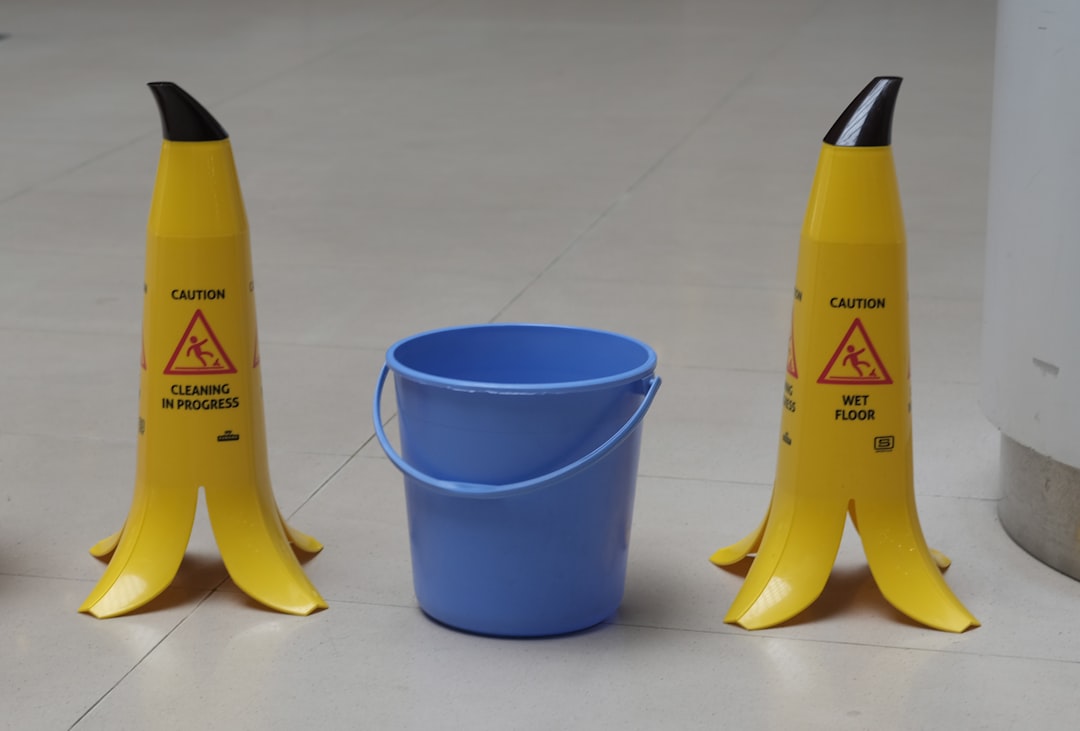Cognitive ability assessment is the process of figuring out how our brains work. It helps us in knowing how people can process, remember, and use information in our daily lives. The abilities assessed are diverse, like verbal reasoning, perceptual skills, spatial orientation, problem-solving, and memory. Several methods are used to measure cognitive ability.
One way to measure cognitive ability is through intelligence tests. Intelligence tests evaluate different areas of cognitive function, like general knowledge, reasoning, problem-solving, and memory recall. Intelligence tests result in a score, which can help in measuring if an individual’s cognitive abilities are above or below the average range. Nevertheless, although intelligence tests measure important cognitive abilities, they do not capture everything.
Another method of cognitive ability assessment is through neuropsychological testing. Neuropsychological testing is a tool used by doctors and psychologists to analyze the function of different areas of the brain. This kind of testing helps not only in diagnosing brain injuries and illnesses but also in identifying strengths and weaknesses of different cognitive functions. Neuropsychological testing can be a good match to identify specific issues, but it is time-consuming and can be relatively expensive.
However, it’s essential to know that cognitive ability is not just black and white, either “smart versus not smart.” It is possible to have weak or outstanding cognitive skills in different areas. A way to measure cognitive ability that reflects this concept is looking at cognitive strengths and weaknesses profiles. The purpose is to have a comprehensive overview of an individual’s cognitive abilities rather than just a few selected cognitive functions.
Some schools use cognitive ability assessment to place students in classes that match their cognitive profile. This method helps students receive increased attention and support where they need it. These assessments help students and teachers understand their strengths and weaknesses to adjust either the teaching method or the content accordingly. Sometimes cognitive abilities assessment helps individuals understand their career path better by guiding them towards fields that fit better with their cognitive skills.
Last but not least, cognitive ability assessments must be used with caution and context. The results should be considered one of many pieces of information when making a decision. Cognitive ability assessment should not be used as a sole determinant of someone’s worth or abilities.
To sum up, cognitive ability assessment is a tool used to understand how people process, remember, and use information. There are various methods to evaluate cognitive function, and each method has its strengths and weaknesses. Intelligence tests give an estimate of overall cognitive abilities. Neuropsychological testing relates specific cognitive bugs and strengths to particular parts of the brain, but it is more time-consuming. A cognitive profile contextualizes different areas of cognitive function and helps to understand strengths and weaknesses. Sometimes teachers, schools, or individuals use cognitive assessments to adjust their curriculum, learning methods, or career decisions that better fit their cognitive skills. As with any assessment, context and interpretation are key.











